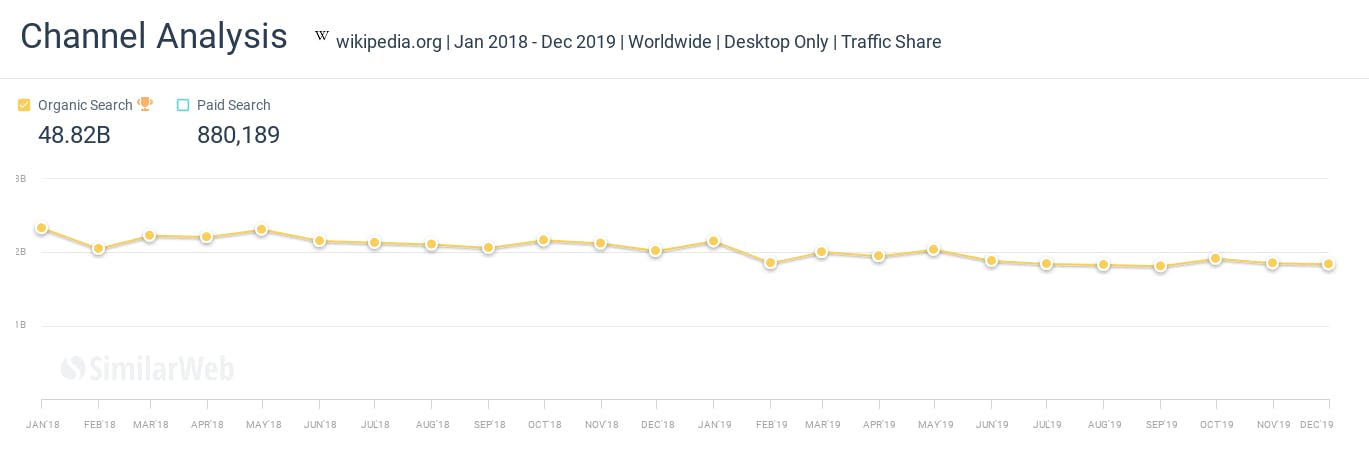 How to Diagnose and Address Declining Organic Traffic: A Comprehensive Guide
How to Diagnose and Address Declining Organic Traffic: A Comprehensive Guide
Experiencing a sudden drop in organic traffic can be a nightmare for SEO professionals. The reasons behind such a decline can be complex and overwhelming to uncover. However, fear not! After years of experience in the field, SEO expert Tory Gray shares 13 important questions that can help you solve even the most perplexing cases.
The first question to ask yourself is whether the decline in organic traffic is due to a tracking issue. It’s crucial to rule out any bugs or discrepancies in your tracking metrics. Look out for significant differences between Google Search Console and your internal analytics platform, as well as whether site traffic is down across all channels. If these signs are present, it’s time to dig deeper into your SEO data to avoid any pitfalls.
Next, determine if the decline is a result of a brand problem. Analyze the performance of keywords that include your brand name and compare it to historical data. A decrease in brand searches may indicate issues at the brand or channel level, such as negative press or changes in marketing campaigns.
If non-brand performance is the primary factor behind the decline, identify the URLs and keywords that are trending downwards. Look for patterns in your Google Search Console data, considering factors such as seasonality, specific URLs or directories, related search terms, SERP features, shopping and media impacts, and changes in mobile visibility.
Consider whether the loss of traffic is significant for your business goals. Not all traffic leads to conversions, so prioritize actions based on the sources that contribute most to conversions. Analyze both first-touch and last-touch attribution models to get a comprehensive understanding of the value of your traffic.
Examine the trendline of your organic traffic to identify any sudden drops or gradual declines. Major changes to your website’s content, including improvements or outdated content, may be responsible for gradual declines. Conduct a content audit to address any issues in this area.
Technical issues can also impact organic traffic. Look for patterns in your Google Search Console data that point to specific site directories or pages with technical hiccups. Conduct a technical audit to identify and resolve any indexing or crawling issues.
Changes in backlinks or referrals can significantly affect SEO performance. Use SEO tools to track your backlinks and referrals from high authority sites. Losing backlinks over time may be due to historical PR work or content clean-up efforts by publications. Stay updated on algorithm updates and their potential impact on your site’s rankings.
Monitor changes in the search engine results page (SERP) structure. Google often introduces new features that push organic results further down the page. Consider how these changes may affect your site’s visibility and adjust your SEO strategy accordingly.
Distinguish between penalties resulting from low-quality or harmful content and the impact of algorithm updates. Check for notifications of manual actions in your Google Search Console account to identify any penalties.
Competition plays a significant role in SEO performance. Analyze your competitors’ on-page factors, such as content quality, information structure, and author authority. Additionally, compare domain-level factors, including domain rating, indexed pages, backlinks, and referring domains.
Lastly, consider changes in user behavior and preferences. Market trends and shifts in demand can impact overall clicks and traffic availability. Use tools like Google Trends to quantify changes in keyword volume over time.
Once you have answered these questions, weigh the importance of each issue and prioritize which ones to address first. Document your findings and build a strong business case to garner support for implementing necessary changes and turning around your site’s performance.
In conclusion, diagnosing and addressing declining organic traffic requires a methodical analysis and consideration of various factors. By asking these 13 important questions, you can uncover the underlying issues and take appropriate actions to improve your site’s SEO performance. Happy investigating!
